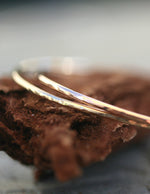
We all dream of gorgeous dewy skin and whether your skincare routine is a ten-step in-depth program or simply splashing water on your face, it could be time to look to the healing magic of DIY hyaluronic acid serum. Bring vibrancy back to every cell, reduce the imprint of fine lines and wrinkles, and boost your collagen production with this glorious skin care treat that can easily be made at home and implemented into your beauty routine. We give you a complete breakdown on all you need to know about hyaluronic serum for all skin types.
What is hyaluronic acid?
Scan the back of any skincare product and odds are you will see pure hyaluronic acid listed under ingredients. Hyaluronic acid is no secret to the skincare world and is actually an ingredient that our skin forms naturally. It is a sugar that is found within the skin and is a dab hand at retaining water and keeping our skin cells healthy, plumped, and rich in moisture.
As we get older, our naturally occurring hyaluronic acid production slows down and when combined with the slowing down of collagen and elastin, this all adds up to our skin not being as fresh-faced and full of water content as it once was. Fortunately, we know how to make hyaluronic acid so we can add it to our repertoire when it comes to our arsenal of feel-good beauty products.
From hyaluronic acid gel to serum and creams, when we slather this ingredient on our face it becomes an awesome humectant and helps our skin to draw in and hold water. The result will be skin that appears softer, dewier, and healthier because you get that youthful glow.
What does hyaluronic acid do to your skin?

No matter what your skin type is, whether you have dry skin, oily skin, or combination skin that doesn't know whether it's coming or going, hyaluronic acid is going to bring a whole dose of goodness. Our skin goes through a lot on a daily basis. Not only is it dealing with the ticking of time but there's a whole bunch of environmental factors like sun, pollution, dirt, and UV rays being flung in its face at all times too. No wonder our skin starts to look like it has a shelf life. But when you get hyaluronic acid involved it becomes an amazing humectant (AKA a serum or substance that helps prevent moisture loss). When it naturally occurs in the body it also helps by performing the job of a lubricant, encouraging wound healing, promoting skin elasticity, and easing joint pain as it oils up those connective tissues.
This intricate ingredient is brimming with amazing stuff. Hyaluronic acid actually has the capability to hold a thousand times its own weight in water. Yep, you read that right. Not only can it hold an impressive amount of moisture weight, but it also knows how to regulate the naturally occurring anti-ageing serum to your cells so as not to overwhelm and drown them out. Take a look at the ways in which a hyaluronic acid solution can help your skin...
- Brings a soft, plump, and pillowy look to hydrated skin
- Diminishes the appearance of wrinkles and fine lines on the face and neck
- Is an awesome ingredient for bringing moisture to dry skin but also helps oily skin regulate
- Can help shield against free radicals
Now you know exactly why we are falling head over heels for more hyaluronic acid in our lives, here's how you can whip up your own homemade batch...
An Easy DIY Anti-Aging Hyaluronic Acid Serum Recipe

Don't feel intimidated by the idea of making your own hyaluronic acid. While it may sound like a task for a chemistry class, brewing up a batch of homemade hyaluronic face serum is actually super easy. One of the best things about making your own batch of serum is that you get to control the ingredient recipe and you get to decide how much hyaluronic acid you need. When you buy anti-aging serum in the store it is mostly water-soluble and contains a fraction of hyaluronic acid (less than 2.5 percent).
You also may want to think about high molecular weight and low molecular weight when it comes to choosing your hyaluronic acid in powder form. Low molecular weight hyaluronic acid is considered to be the best choice, as these smaller molecules will have a better chance of being able to penetrate the skin. However, there have been studies that show that the high molecular weight variety can actually sink into the skin and while more research is yet to be done, high molecular weight hyaluronic acid can deliver intense hydration.
As mentioned, you can also add in a bunch of beautiful skincare ingredients that help soothe, refresh, and totally heal your skin. Whether its aloe vera gel for its cooling touch, coconut oil for the amazing way it brings moisture to the party, vitamin C for added brightness, essential oils to soothe inflammation, or carrot seed oil and rose water for a flush of fine health, you can truly get creative with your homemade beauty recipes.
You will need:
- hyaluronic acid powder (half a teaspoon)
- rose water or distilled water (3.5 tablespoons)
- vegetable glycerin or aloe vera gel or jojoba oil (half a teaspoon)
- carrot seed oil (a couple of drops)
- neroli essential oil (a couple of drops)
- a dropper bottle
- a small funnel
Optional ingredients also include things like green tea, vitamin C powder or a DIY vitamin c serum, vitamin b5, vitamin e, and any other skincare ingredients you are loving.
How to Make
- Pour the rose water or distilled water from the funnel into the dropper bottle
- Add the hyaluronic acid powder
- Screw on the lid and give it a good shake and make sure it dissolves thoroughly (this is your serum base)
- Add in the vegetable glycerin or the aloe vera or jojoba
- Also, add in the carrot seed oil and any essential oils that you like that are safe for skin
- Give it another good shake
- Let it sit for several hours to make sure the hyaluronic powder is perfectly dissolved before use
- Apply a little of the DIY serum to freshly washed skin once or twice a day and let it soak in.
- Keep your DIY anti-aging serum stored in the refrigerator for up to two weeks
FAQ About Using Hyaluronic Acid

Is it okay to use hyaluronic acid every day?
While the name may sound like hyaluronic acid is some kind of harsh astringent that strips the face don't be put off. It's actually very gentle and totally safe to turn to everyday. Remember, our skin naturally has the ability to produce this acid so there is no problem in applying the DIY hyaluronic acid to your own face every day.
Can hyaluronic acid burn your face?
Hyaluronic acid won't burn your skin in the way that you would normally associate with the idea of acid but that doesn't mean that it won't irritate some people's skin. Often though, it’s more the way that the hyaluronic acid has been formulated into other beauty products that can lead to some form of irritation. For most people and most cases, hyaluronic acid tends to have an anti-inflammatory effect meaning that it shouldn't be causing any issues in your skin.
Which hyaluronic acid serum is best?
If you don't want to go down the route of crafting your own DIY serum, then feel free to peruse these cruelty free and fully vegan hyaluronic acid serums that are taking the beauty world by storm...
- Essential Skin Solutions Perfectly Pure Hyaluronic Acid Serum
- Retseliney Vegan Hyaluronic Serum
- Naked Actives Hyaluronic Hyaluronate Moisturizer
- Mad Hippie Vitamin C Product
Are you going to try to shake up your own secret batch of hyaluronic acid serum? What else is in your skincare arsenal? Share with us in the comments.
You might also like:
- "Avoid Eye Area”...Which Products To Use Around Your Eyes
- Skin Care Tips to Combat Face Covering Problems
- 6 Best Beauty Subscription Boxes For Women That Are Worth It
- How to Help Your Skin Age Gracefully
- Feed Your Skin - Put This On Your Face (and save some for a snack)
- How to Bring a Golden Glow to Grey Winter Skin
- Don’t Put That On Your Skin! Which Beauty Ingredients to Avoid
- 3 Easy Ways to Make Homemade Rose Water From Rose Petals
- All the Pretty Things: 15 DIY Resin Jewelry Ideas














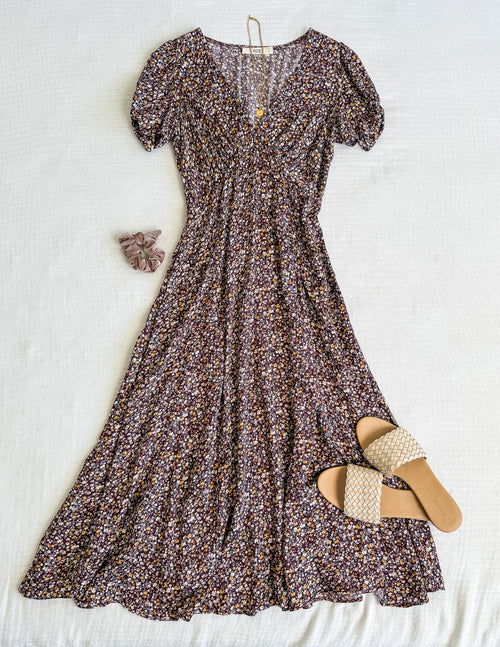







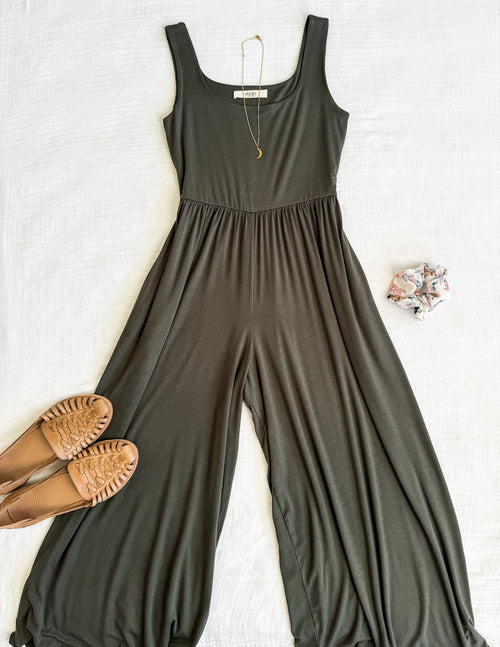

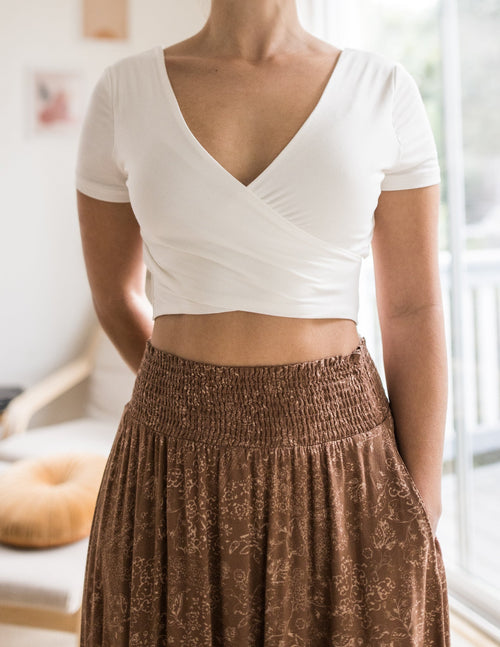
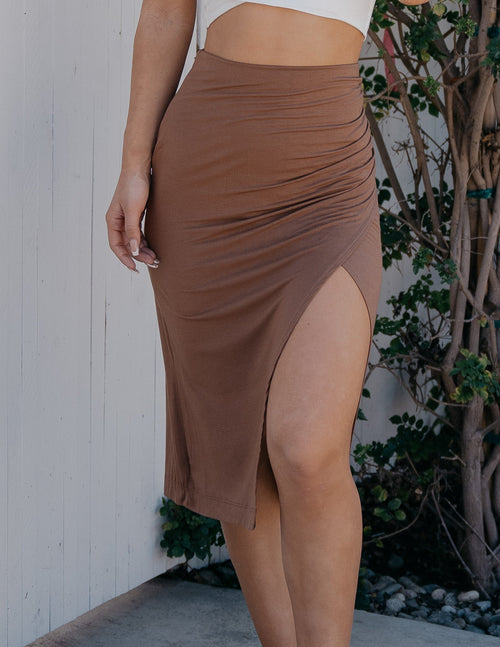






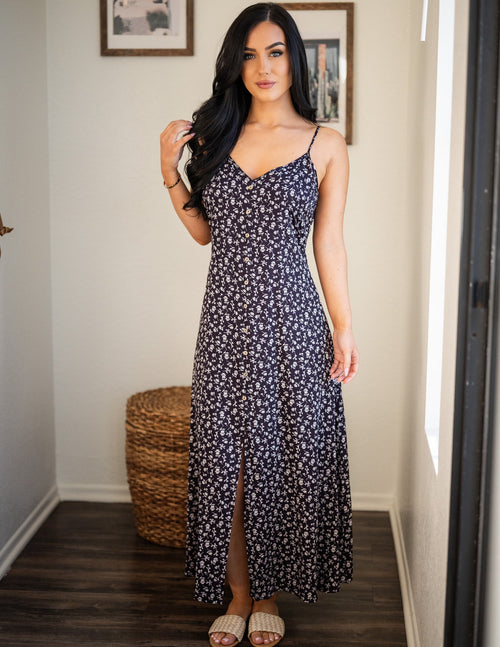
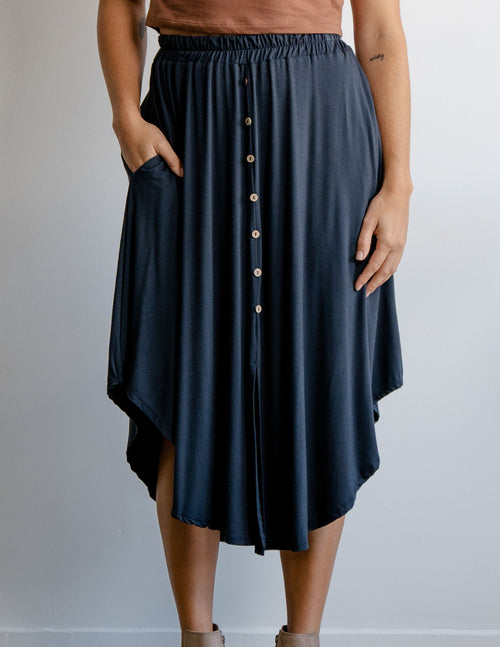








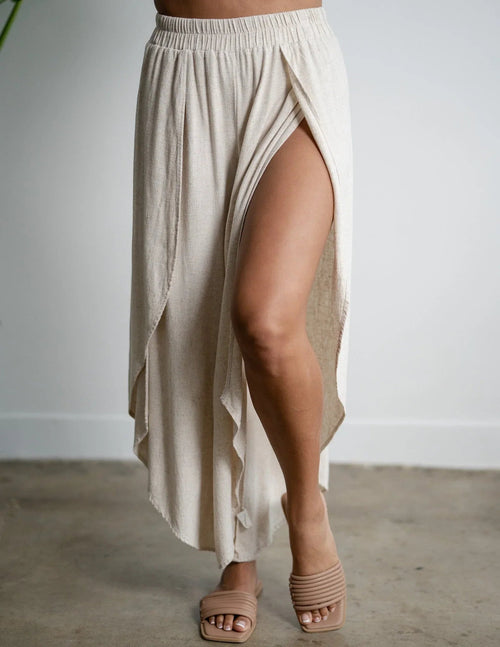









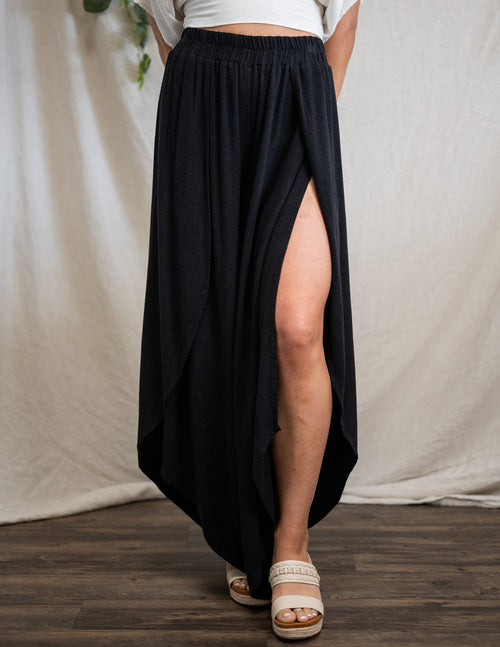

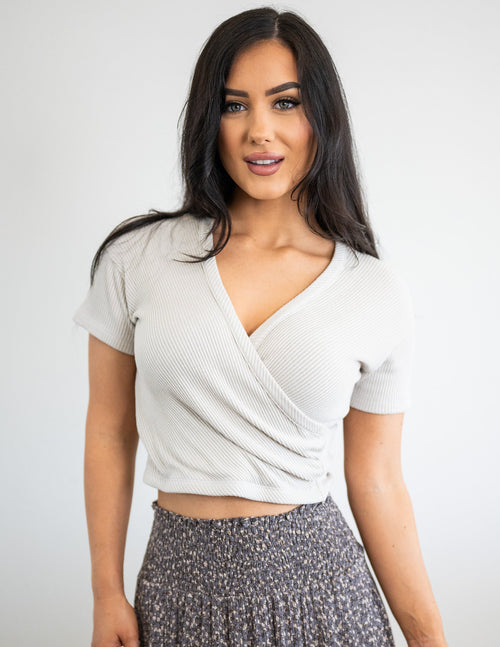



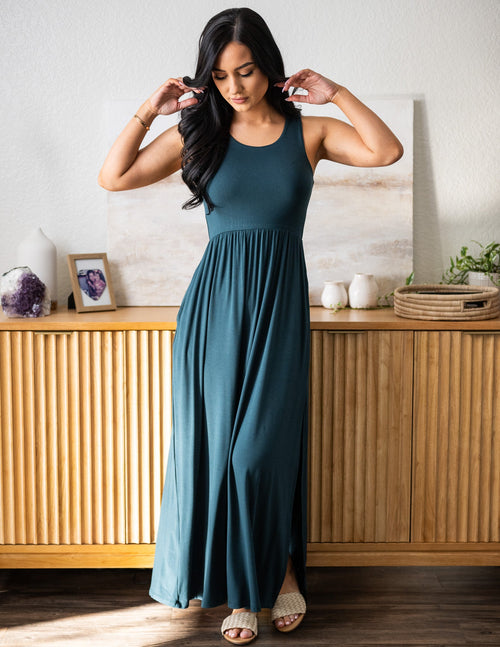

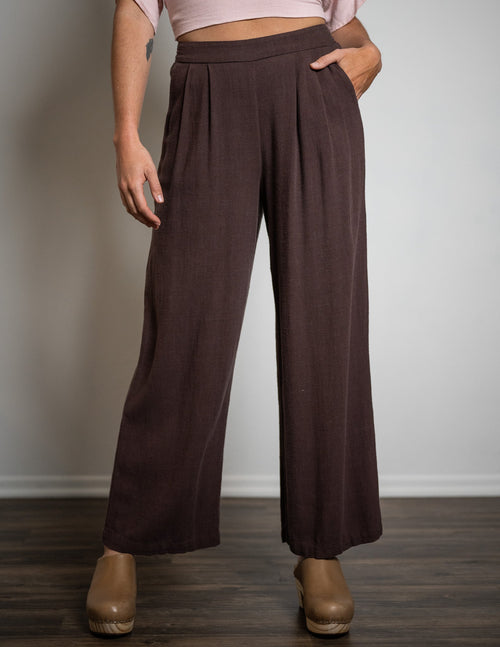










 TOP
TOP


